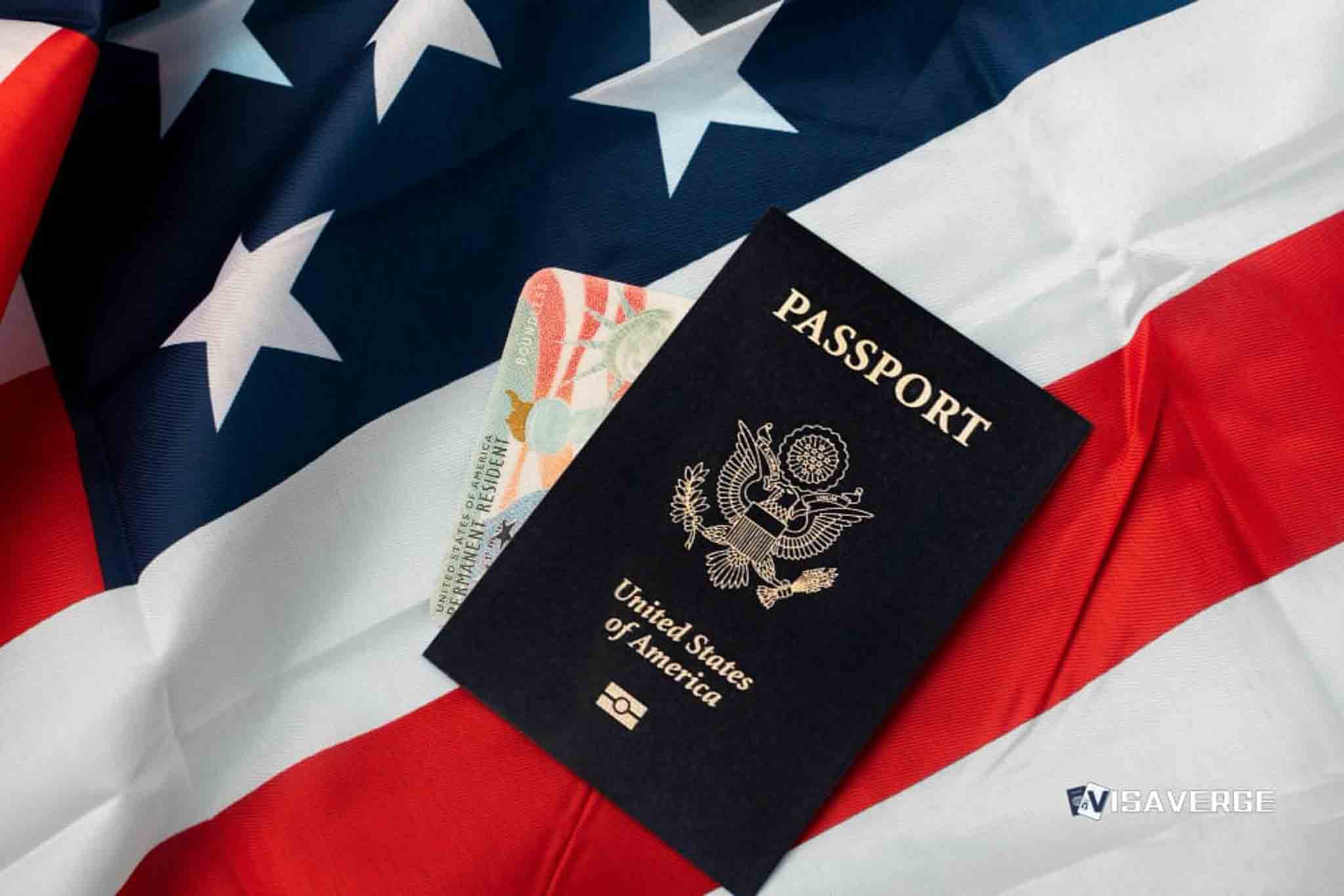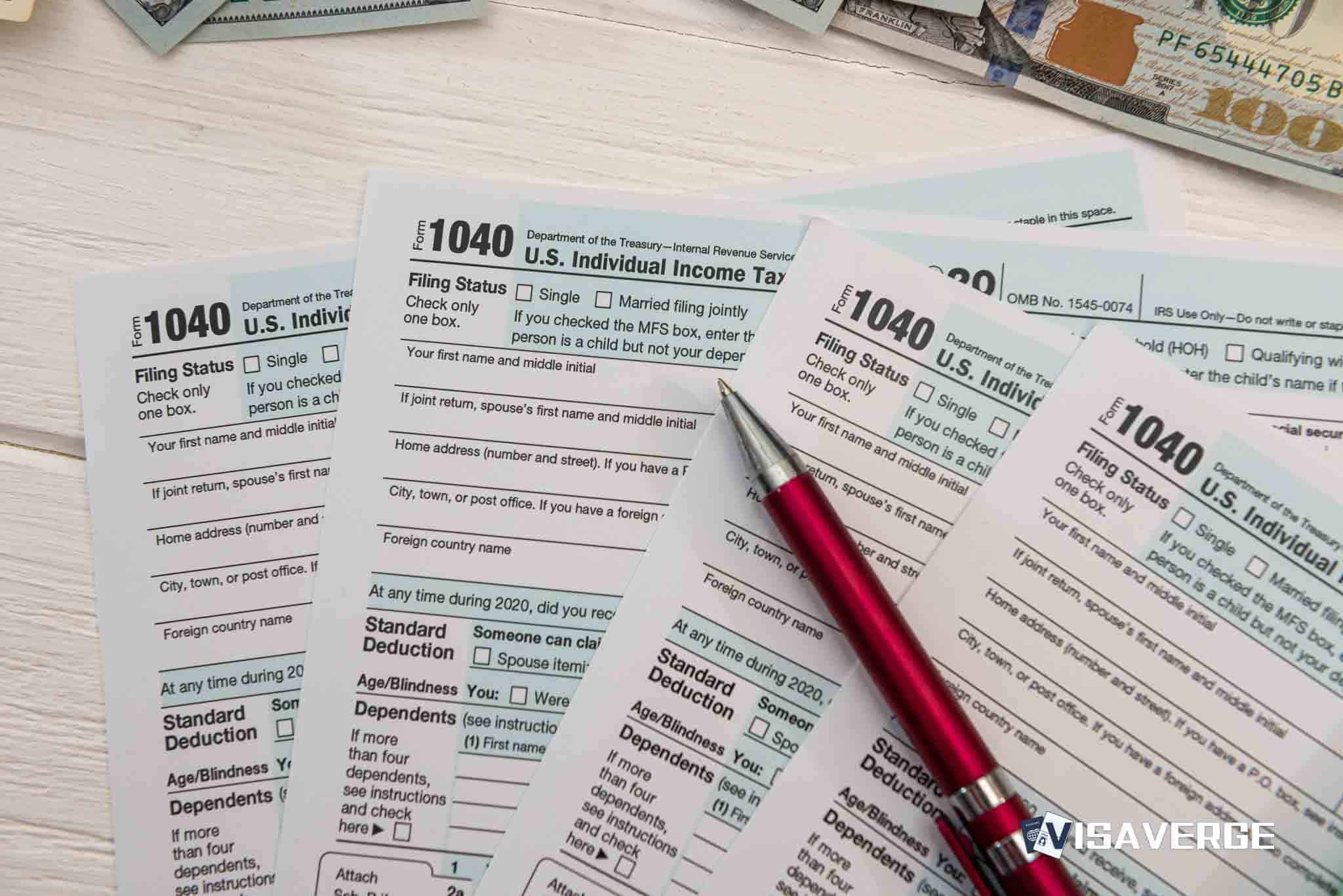Many people worry about how filing for Chapter 7 bankruptcy might affect their green card application or their status as a lawful permanent resident in the United States 🇺🇸. This concern is common, especially among immigrants facing financial hardship. The good news is that U.S. law offers clear protections for people who need to file for bankruptcy, and these protections extend to immigration matters. Below, you’ll find a thorough but easy-to-understand overview of who qualifies for these protections, what the eligibility criteria are, what documents you’ll need, how the application process works, and practical tips to help you meet all the requirements.
Who Qualifies for Protection When Filing Chapter 7 Bankruptcy

Anyone who files for Chapter 7 bankruptcy in the United States 🇺🇸 is protected from discrimination by the federal government, including immigration agencies. This means that if you are applying for a green card, already have one, or are a non-citizen with another immigration status, you cannot be denied a green card or have your status taken away just because you filed for bankruptcy.
Who is covered:
– Green card applicants (people applying for lawful permanent residence)
– Current green card holders (lawful permanent residents)
– DACA recipients (Deferred Action for Childhood Arrivals)
– TPS holders (Temporary Protected Status)
– Undocumented immigrants
Key legal protection:
Bankruptcy Code Section 525(a) is the main law that stops the federal government from treating people unfairly just because they filed for bankruptcy. This includes the United States Citizenship and Immigration Services (USCIS), which handles green card applications.
Detailed Eligibility Criteria
Filing for Chapter 7 bankruptcy does not, by itself, make you ineligible for a green card or put your permanent resident status at risk. However, there are a few important things to keep in mind:
1. Honest and Accurate Filings
– You must be truthful in all your bankruptcy and immigration paperwork.
– If you lie, hide assets, use a fake Social Security number, or try to trick the system, this can be seen as fraud or misrepresentation.
– Fraud or misrepresentation can lead to denial of your green card or even removal from the United States 🇺🇸.
2. No Automatic Denial or Revocation
– USCIS cannot deny your green card or take it away just because you filed for bankruptcy.
– The only exception is if your bankruptcy involves fraud or criminal activity.
3. Public Charge Rule
– The “public charge” rule is a test to see if someone is likely to depend on government help in the future.
– This rule does not apply to current green card holders.
– Filing for bankruptcy does not, by itself, make you a public charge.
4. Good Moral Character
– USCIS looks at your “good moral character” when you apply for some immigration benefits, like naturalization (becoming a U.S. citizen).
– Filing for bankruptcy is not a negative mark against your character unless it involves fraud or crime.
Examples:
– If you lost your job and had to file for Chapter 7 bankruptcy to deal with medical bills, this will not hurt your green card application.
– If you tried to hide money from the bankruptcy court, this could be seen as fraud and could cause problems with your immigration status.
Required Documentation
When you file for Chapter 7 bankruptcy, you will need to provide certain documents. If you are applying for a green card, you may also need to show some of these documents to USCIS if they ask about your financial history.
Common documents include:
– Bankruptcy petition and schedules (official court forms showing your debts, assets, and income)
– Discharge order (the court’s final order wiping out your debts)
– Proof of income (pay stubs, tax returns)
– Identification documents (passport, green card, Social Security card)
– Any letters or notices from the bankruptcy court
Official links for forms:
– For bankruptcy forms, visit the U.S. Courts Bankruptcy Forms page.
– For green card applications, use Form I-485, Application to Register Permanent Residence or Adjust Status.
Important: Always keep copies of all documents you submit to the court or to USCIS. If you are asked about your bankruptcy during your green card interview, you can provide these documents to show you were honest and followed the law.
Application Process Overview
Filing for Chapter 7 Bankruptcy:
1. Consult a bankruptcy attorney (optional but helpful, especially if your case is complicated).
2. Gather your financial documents (debts, assets, income, expenses).
3. Complete the required bankruptcy forms (see the official link above).
4. File your forms with the bankruptcy court in your area.
5. Attend a meeting with the bankruptcy trustee (called a “341 meeting”).
6. Receive your discharge order if your case is approved.
Applying for a Green Card:
1. Determine your eligibility for a green card (family, employment, asylum, etc.).
2. Complete Form I-485 and gather supporting documents.
3. Submit your application to USCIS along with the required fee.
4. Attend your biometrics appointment (fingerprints and photo).
5. Go to your green card interview if required.
6. Receive a decision from USCIS.
If you have filed for bankruptcy:
– Be prepared to answer questions about your bankruptcy during your green card interview.
– Explain the reasons for your bankruptcy honestly (job loss, medical bills, etc.).
– Show that you did not commit fraud or hide information.
Practical Tips for Meeting Requirements
1. Be Honest and Transparent
– Always tell the truth on all forms and during interviews.
– If you are asked about your bankruptcy, explain your situation clearly and calmly.
2. Keep Good Records
– Save all paperwork related to your bankruptcy and green card application.
– Bring copies to your green card interview in case you are asked for proof.
3. Don’t Avoid Bankruptcy Out of Fear
– If you are struggling with debt, don’t avoid filing for bankruptcy just because you are worried about your green card.
– Bankruptcy is a legal way to get a fresh start and will not hurt your immigration status if you are honest.
4. Watch Out for Fraud
– Never use a fake Social Security number or hide assets.
– If you are unsure about something, talk to a qualified attorney.
5. Stay Informed
– Check the USCIS Policy Manual for the latest information on green card eligibility and moral character requirements.
6. Seek Legal Help if Needed
– If your bankruptcy case is complicated or you are worried about how it might affect your immigration status, talk to an immigration or bankruptcy lawyer.
Recent Developments and Policy Status
As of August 1, 2025, there have been no changes to the law or policy that would allow USCIS to deny or take away a green card just because someone filed for Chapter 7 bankruptcy. The protections in Bankruptcy Code Section 525(a) remain strong. Routine updates to bankruptcy forms or dollar amounts do not affect how bankruptcy filings are treated in immigration cases.
Summary Table
| Aspect | Impact of Chapter 7 Bankruptcy on Green Card Status |
|---|---|
| Direct denial of green card | No, bankruptcy alone cannot cause denial |
| Revocation of green card | No, protected under Bankruptcy Code Section 525(a) |
| Public charge rule application | No, does not apply to current green card holders |
| Moral character evaluation | Bankruptcy not disqualifying unless fraud or criminal conduct involved |
| Filing eligibility | Available to all residents regardless of citizenship status |
| Recent policy changes | None affecting bankruptcy and immigration relationship in 2024-2025 |
Common Concerns and Answers
Will bankruptcy make me look bad to USCIS?
No. Bankruptcy is not a sign of bad character unless you committed fraud.
Can I lose my green card if I file for bankruptcy?
No. The law protects you from losing your green card just because you filed for bankruptcy.
What if I made a mistake on my bankruptcy forms?
If it was an honest mistake, correct it as soon as possible. Intentional lies or hiding information can cause problems.
Do I need to tell USCIS about my bankruptcy?
If asked, yes. Always answer truthfully.
Can undocumented immigrants file for bankruptcy?
Yes. Anyone in the United States 🇺🇸 can file for bankruptcy, regardless of immigration status.
Conclusion and Next Steps
Filing for Chapter 7 bankruptcy does not, by itself, cause denial or loss of a green card. The law, especially Bankruptcy Code Section 525(a), protects immigrants from being treated unfairly because of bankruptcy. The most important thing is to be honest in all your filings and avoid any fraud or misrepresentation. If you have questions about your specific case, contact USCIS or a qualified attorney. As reported by VisaVerge.com, these protections remain unchanged as of 2025, giving peace of mind to immigrants facing financial hardship.
For more information, visit the USCIS Policy Manual or speak with a legal professional. Remember, bankruptcy is a legal tool to help you manage debt and will not, by itself, affect your green card or immigration status if you follow the rules and stay honest.
This Article in a Nutshell













